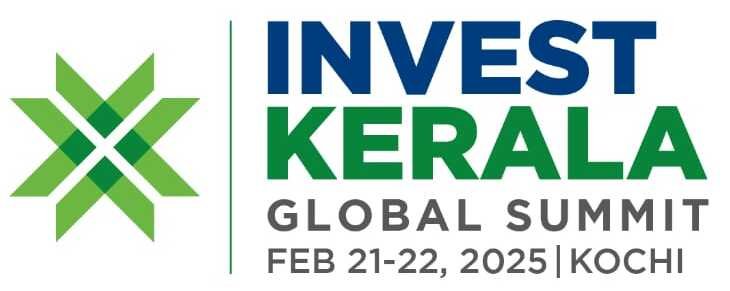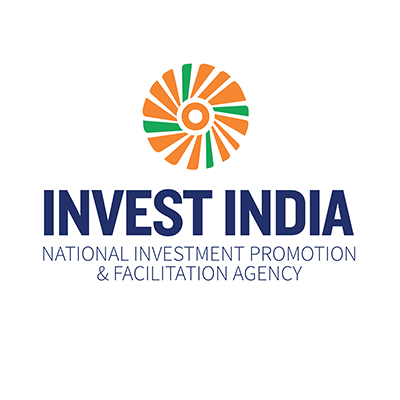State policy on water supply
The Indian Government and the Himachal Pradesh State signed a US$40 million loan agreement with the World Bank to help bring clean and reliable drinking water to the citizens of the Greater Shimla area, who have been facing severe water shortages and water-borne epidemics over the last few years.
The Shimla Water Supply and Sewerage Service Delivery Reform Programmatic Development Policy Loan 1 is expected to improve water supply and sanitation (WSS) services in and around the iconic hill city of Shimla.
Speaking on the occasion, Sameer Kumar Khare, Additional Secretary, Department of Economic Affairs, said that Growing urbanization and heavy tourist load in summer months places huge demands on the water supply infrastructure and sanitation facilities in the city of Shimla.
He said that the Government of Himachal Pradesh has developed this comprehensive policy and institutional reform program to put in place systems to improve water supply and sewerage services in an efficient and sustainable manner.
The Loan Agreement was signed by Khare,on behalf of the Indian Government and Junaid Kamal Ahmad, Country Director, World Bank India.
Project Agreement was signed by Prabodh Saxena, Principal Secretary, Urban Development Department, on behalf of the State Government and Junaid Kamal Ahmad for the World Bank.
Shimla’s water supply infrastructure with a capacity of 40 million litres daily (MLD) is unable to meet the current demand of 56 MLD. As elsewhere in urban India, around half the available water is lost to leakages and unauthorized siphoning.
As a result, water supply reaches citizens only once in two days and for limited hours. With at least 30-40% of the city’s population of around 200,000 not covered by the sewerage system, sanitation has also emerged as a public health issue in Shimla.
The Bank-supported Project, the first in a series of three development policy loans (DPL), will support the State’s program of policy and institutional reform needed to bring continuous, pressurized (24×7) water supply, efficient sewage collection and treatment for all households in the Greater Shimla Area.
As the first step, the State Government has, jointly with the Shimla Municipal Corporation, set up a dedicated utility which will take over WSS services for the city; these responsibilities were hitherto fragmented between different agencies and departments, leading to blurred accountability.
This utility — the Shimla Jal Prabandhan Nigam Ltd or SJPNL – will run the city’s WSS system. Policy decisions such as setting water tariffs and subsidies will be done by the State Government and the City Municipality.
The World Bank DPL will support SJPNL in its policy and institutional reform program as it launches three critical operations to improve WSS services in the state capital: (i) Bringing bulk water to Shimla from a new source on the Sutlej River; (ii) 24×7 Water Supply and Sewage Management for Shimla City and; (iii) Sewage services for peri-urban areas. It will also support capacity building for the Shimla Municipal Corporation to take on its new role of oversight.
The State has also decided to strengthen the financial sustainability of WSS operations in Shimla where only 12% of the costs needed to operate and maintain the WSS system are recovered from customers, requiring the Government to provide an average annual subsidy of over US$12 million.
The US$40 million loan from the International Bank for Reconstruction and Development (IBRD), has a 4-year grace period and a maturity of 15.5 years. fiinews.com










